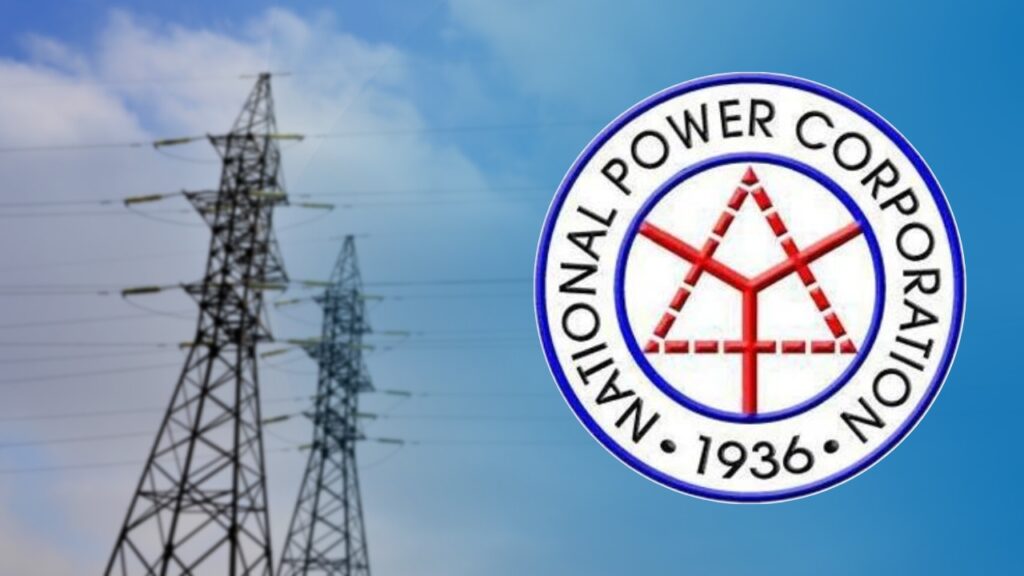Former Napocor head urges gov’t to make energy sufficiency a nat’l security issue
 Former National Power Corporation (NPC) chief Guido Delgado has advised the government to approach the issue on energy efficiency and sufficiency as a national security issue, saying unpreparedness or lack of foresight will greatly affect the country’s prospects for progress and development.
Former National Power Corporation (NPC) chief Guido Delgado has advised the government to approach the issue on energy efficiency and sufficiency as a national security issue, saying unpreparedness or lack of foresight will greatly affect the country’s prospects for progress and development.
That is why, Delgado suggested, the current administration must harness all available sources of energy, including the pursuit of ocean and tidal energy, which are both indigenous to the Philippines.
In a talk show interview, Delagado stressed, “What you should focus on is national security from the energy standpoint. And invariably, your answer will always be indigenous energy. Whether it’s geothermal, it’s renewable, it’s tidal energy, it’s current energy, whatever it is, that’s the solution in the medium and even in the long term.”
“And I think that’s the beauty about the blue economy. Let’s not invent new things. The ocean is there, always available,” he said.
The energy expert also believes that the Marcos administration must allocate more funds to finance the exploration and development of ocean-based RE technologies.
“Unfortunately, the way that Republic Act 9153 is crafting the development of renewable energy, particularly for ocean technologies, is that the government says, ‘I want to develop ocean technologies, but I will not pay for it. You consumers pay for it,” Delgado lamented.
“So, I think the government, if it really wants to look for sustainable, long-term sources of renewable energy from the blue economy, it has to allocate resources to develop these technologies, which can then be brought to the banks by the private sector,” he continued.
On the other hand, the government is very much aware of the need to explore and develop other sources of energy to meet the power demands of the nation in the light of the Malampaya gas field’s projected depletion by 2027.
Francis Richard Rabulan, the officer-in-charge (OIC) of the Planning Division under Energy Policy and Planning Bureau (EPPB) of the Department of Energy (DOE), also said that while President Ferdinand Marcos Jr. extended the production contract for the Malampaya Gas Field for 15 more years, the resources in the area are not infinite.
As a contingency measure, Rabulan shared that the DOE is looking at the development of Liquefied Natural Gas (LNG) for additional power supply as the remaining gas reserves in the Malampaya area, also known as Service Contract 38, are further explored and utilized by the power consortium. “One option that we’re looking at right now is the liquefied natural gas. There are already two facilities in Batangas that, hopefully, by the end of the year can provide that additional capacity,” he said in a news program Philippines’ The Way Forward hosted by Atty. Karen Jimeno that aired December 13.
The Energy executive pointed out that other sources of energy should be tapped as oil and gas exploration in the West Philippine Sea is affected by the ongoing territorial conflict between China and the Philippines.
“We do have a number of service contracts being monitored by the department. But there are also service contract operators that are under force majeure because the areas that they are doing exploration development is part of this contested area in the WPS,” Rabulan said.
He, however, said the government should give more focus on renewable sources of energy such as geothermal, solar, hydro and wind as envisioned by the Republic Act 9513 or the Philippine Renewable Act of 2008. Under the updated National RE Program (NREP) 2020- 2040, the plan is to achieve a 35% share of renewable energy by 2030 and 50% share by 2040 as a significant step towards energy security and improved access to clean energy.
“Given we are archipelagic, we could really benefit from developing this ocean and tidal energy,” Rabulan told The Way Forward.
Meanwhile, WEnergy Power Pilipinas president Quintin Pastrana agreed that both the government and the private energy developers must maximize the potentials of RA 9513 to promote RE as a lucrative and sustainable business undertaking.
“Any natural gas field, no matter how mammoth-sized it is, is going to have issues regarding renewability. It is not a renewable resource. Government planners will have to look beyond Malampaya for the medium and long-term because a lot of these power plants that were built in Luzon that take this gas will have to either find another mammoth gas field or look for liquefied natural gas overseas,” he said.
Pastrana said his company has ongoing projects that develop 16 microgrids spread over 14 barangays in seven municipalities in Palawan, which have benefitted the residents in the area, including the fisherfolks.
“If you have a microgrid using solar, you half or you cut the price down significantly. The cold storage company can come in and extend the life of the fish. So, you are seeing incomes triple at the least from what we have seenin our microgrids in Palawan,” he shared.
“So, there is a multiplier effect, and certainly it’s the incomes of the fisherfolk who actually go up because now they can store their catch and at the same time, they can market it more sustainably,” Pastrana concluded.
Subscribe to INQUIRER PLUS to get access to The Philippine Daily Inquirer & other 70+ titles, share up to 5 gadgets, listen to the news, download as early as 4am & share articles on social media. Call 896 6000.







